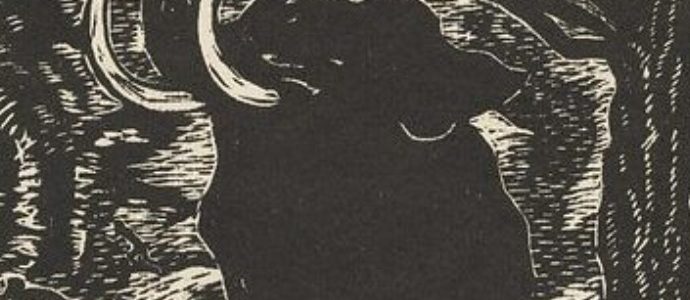A Key Stem-Cell Breakthrough Could Allow Mammoths to be Cloned
A biotech company that is working toward the Jurassic Park-style cloning of woolly mammoths has announced that they have made a crucial breakthrough in producing elephant stem cells, a key step in recreating the furry pachyderms, a species that has been extinct for over four thousand years. According to a statementread more
